"Phase incoherence driven melting of order parameters in cuprate high temperature superconductors and disordered charge density wave systems"Utpal Chatterjee , University of Virginia [Host: Joe Poon]
ABSTRACT:
Charge density waves (CDWs) and superconductivity are canonical examples of symmetry breaking in materials. Both are characterized by a complex order parameter – namely an amplitude and a phase. In the limit of weak coupling and in the absence of disorder, the formation of pairs (electron-electron for superconductivity, electron-hole for CDWs) and the establishment of macroscopic phase coherence both occur at the transition temperature Tc that marks the onset of long-range order. But, the situation may be different at strong coupling or in the presence of disorder. We have performed extensive experimental investigations on pristine and intercalated samples of 2H-NbSe2, a CDW material with strong electron-phonon coupling, using a combination of structural (X-ray), spectroscopic (photoemission and tunnelling) and transport probes. We find that Tc(δ) is suppressed as a function of the concentration (δ) of the intercalated atoms and eventually vanishes at a critical value of δ=δc leading to quantum phase transition (QPT). Our integrated approach provides clear signatures that the phase of the order parameter becomes incoherent at the quantum/ thermal phase transition, although the amplitude remains finite over an extensive region above Tc and beyond δc. This leads to the persistence of an energy gap in the electronic spectra even though there is no long-range order, a phenomenon strikingly similar to the so-called pseudogap in completely different systems such as high temperature superconductors, disordered superconducting thin films and cold atoms. |
Colloquium Monday, February 9, 2015 3:30 PM Physics Building, Room 204 Note special date. Note special room. Special Colloquium |
To add a speaker, send an email to phys-speakers@Virginia.EDU. Please include the seminar type (e.g. Colloquia), date, name of the speaker, title of talk, and an abstract (if available).
 Physics at Virginia
Physics at Virginia